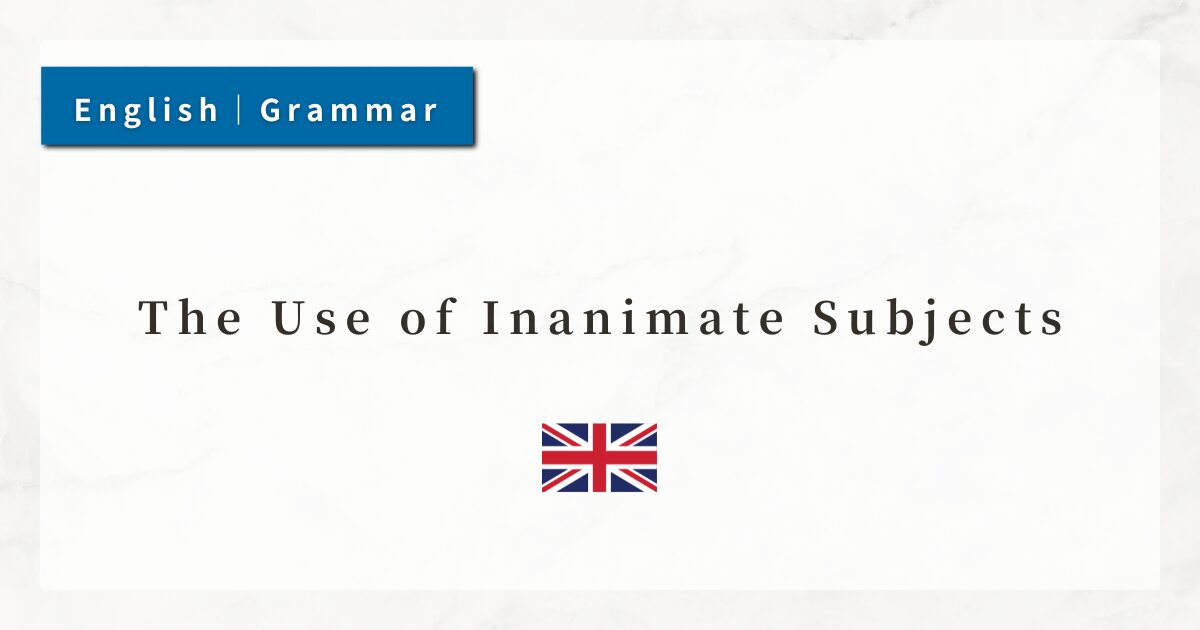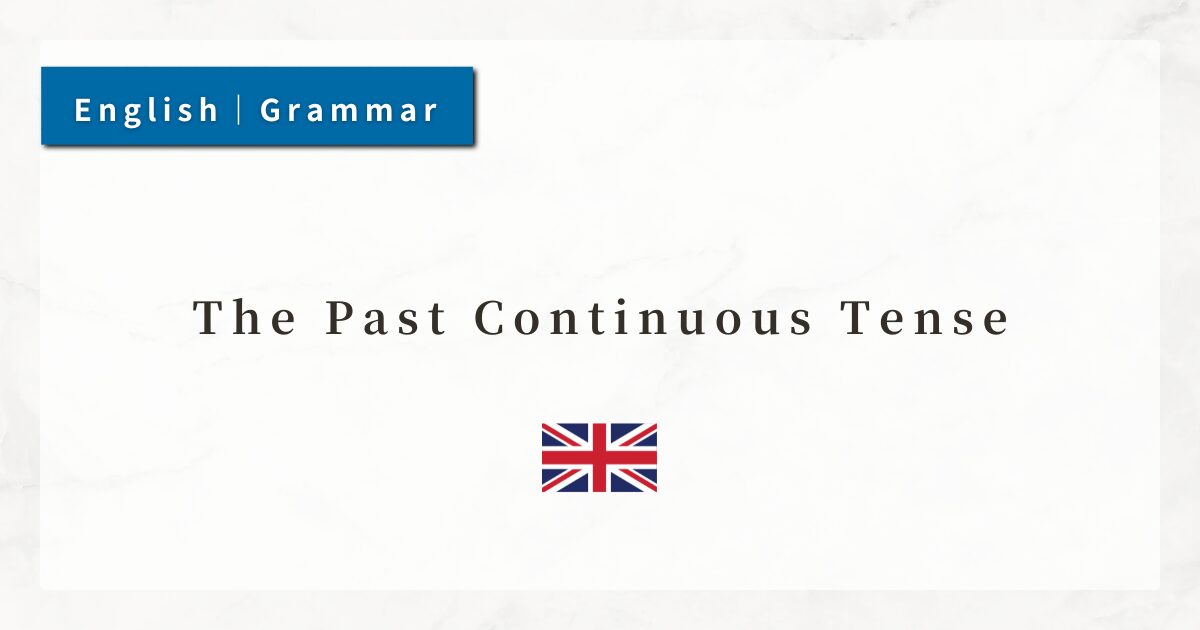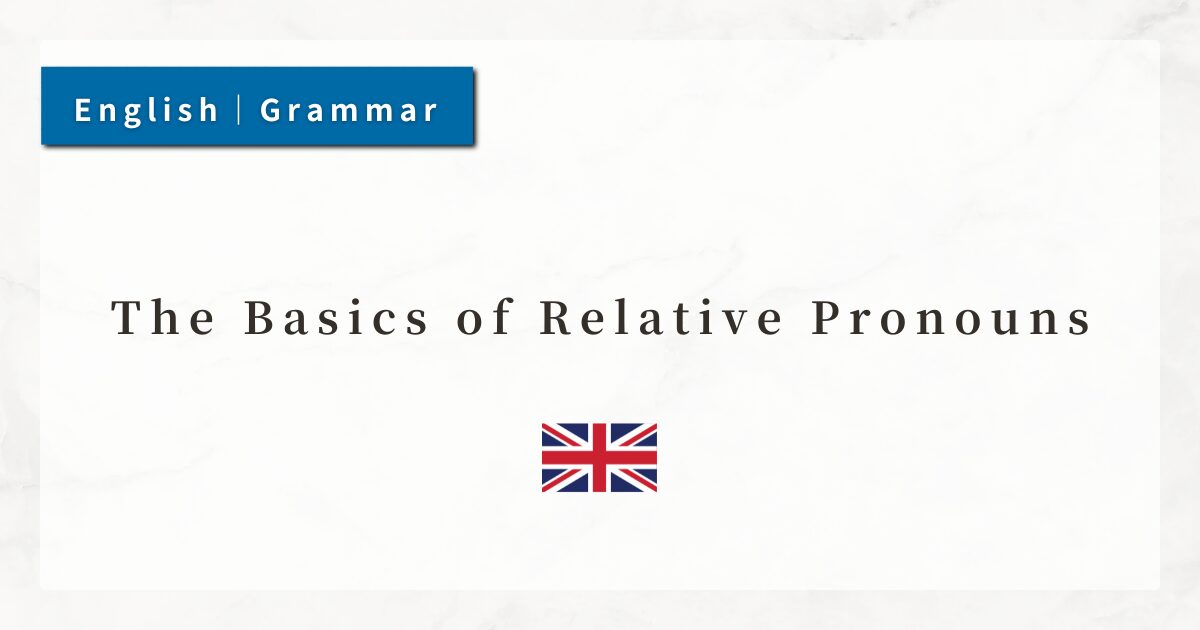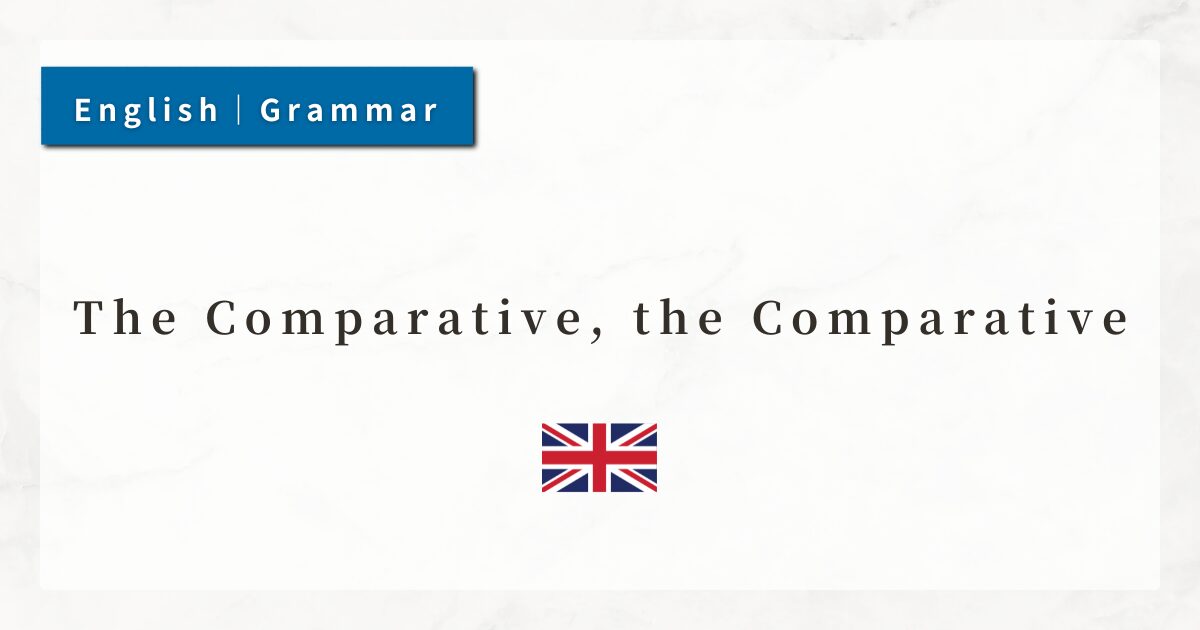#58 The Use of Inanimate Subjects|How to Make Objects or Events the Subject of a Sentence

In English, it is common to construct sentences in which something other than a person becomes the subject. This is called an inanimate subject.
By using inanimate subjects such as “weather,” “time,” “situations,” or “things,” you can create natural and idiomatic English expressions.
In this lesson, I will explain the basic patterns and applications of inanimate subjects.
1. What Is an Inanimate Subject?
An inanimate subject, as the name suggests, is when a non-human object or event functions as the subject of a sentence.
- The book gives us useful information.
By expressing sentences in the form of “things or situations do something,” English sentences become more concise and objective.
2. Main Uses of Inanimate Subjects
2-1. Expressing the Cause of Emotions or Actions
When events or things cause emotions or prompt actions, inanimate subjects are used.
- His words made me happy.
- The news surprised everyone.
2-2. Showing That Roads or Means Lead to Results
Objects such as roads, keys, or tools can be the subject, meaning “they lead to” or “they make something possible.”
- This key opens the door.
- The Internet connects people all over the world.
- This road takes you to the city center.
2-3. Using Time, Weather, or Situations as the Subject
Time, weather, and events are also frequently used as inanimate subjects.
- It is raining.
- It will take two hours to finish this work.
- The meeting lasted three hours.
3. Advantages of Using Inanimate Subjects
The main advantage of using inanimate subjects is that sentences become more concise.
- The letter informed us of the schedule.
Another advantage is that sentences become more objective.
- The experiment shows that the theory is correct.
In scientific writing or business documents, expressions such as “The study shows” or “The results indicate” are very common.
4. Summary
- An inanimate subject is when something other than a person (objects, events, or situations) functions as the subject.
- Common Patterns:
1. An event or thing influences people (The news surprised us.)
2. A road or means leads to a result (This road leads to the station.)
3. Time, weather, or a situation functions as the subject (The meeting lasted three hours.) - Using inanimate subjects makes sentences concise and objective.






